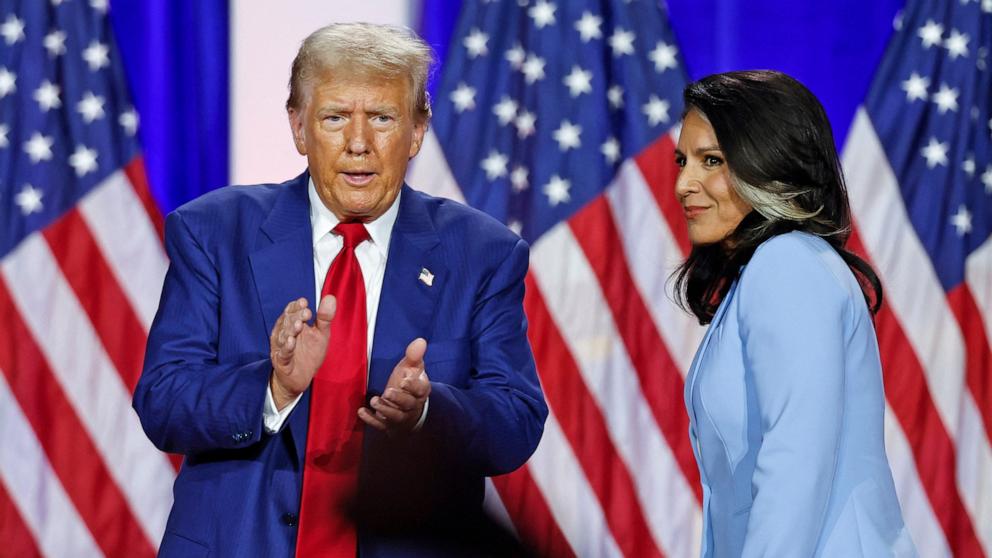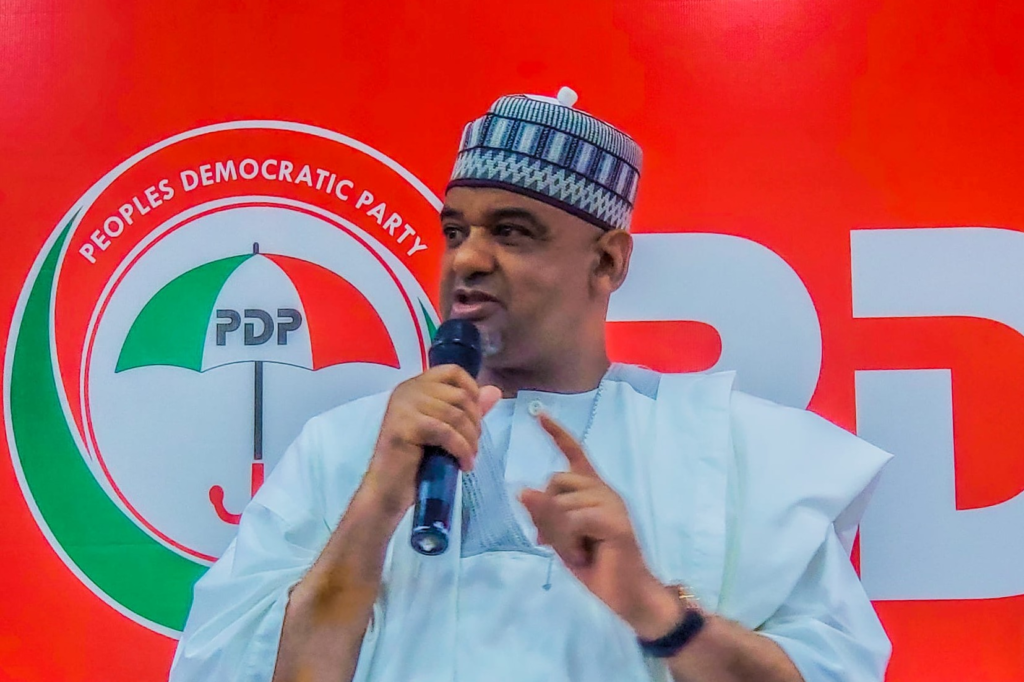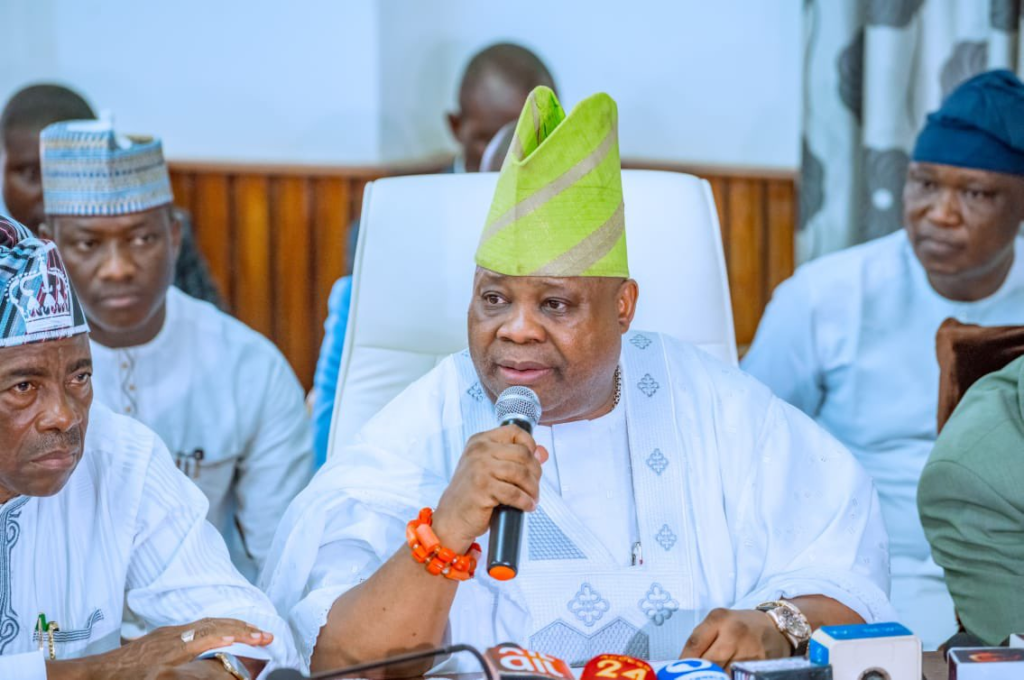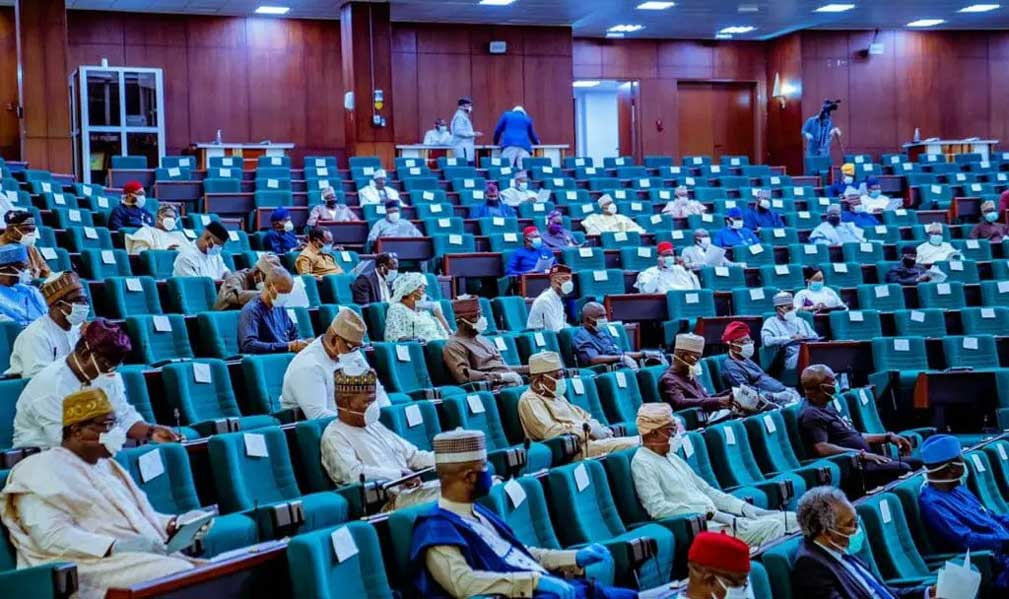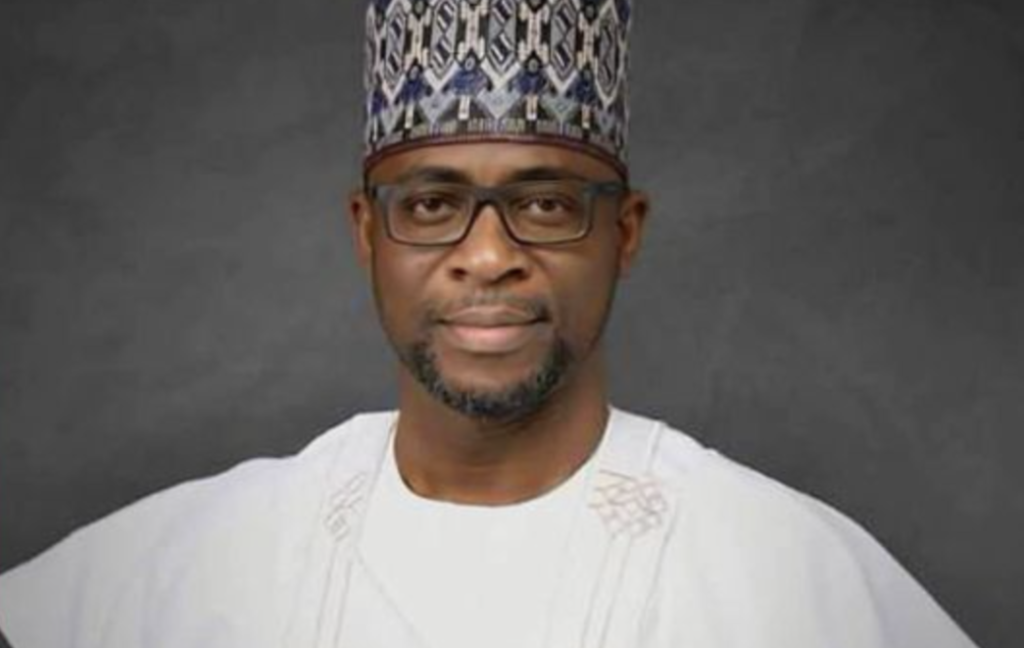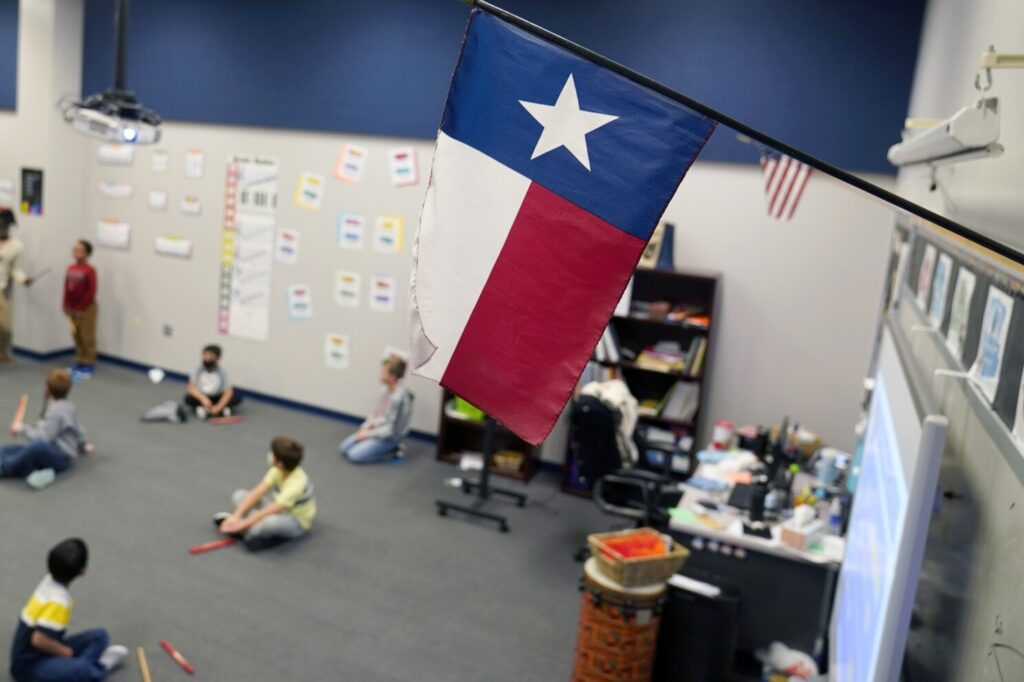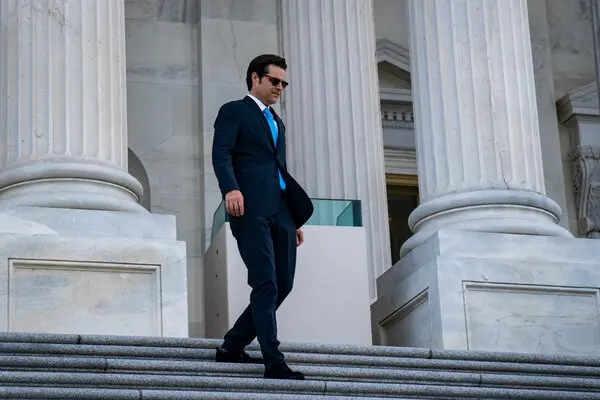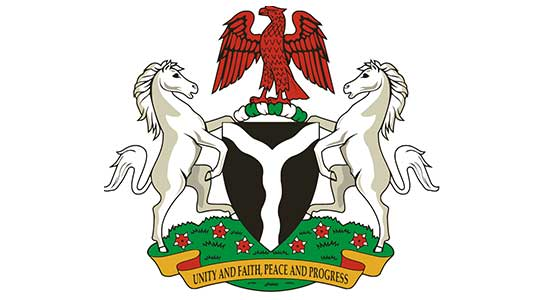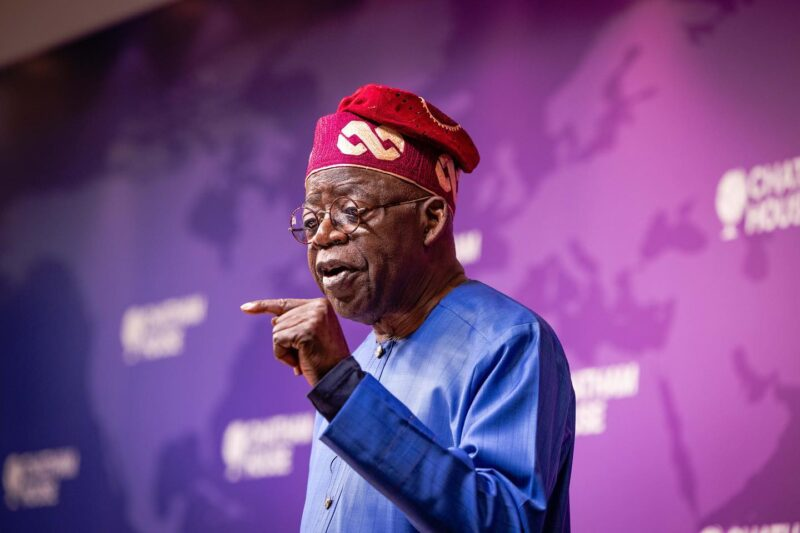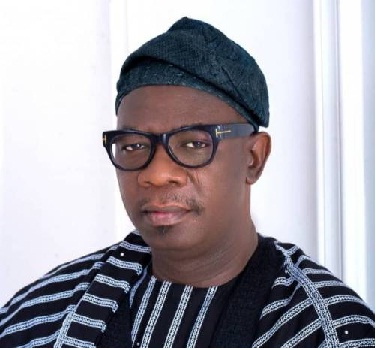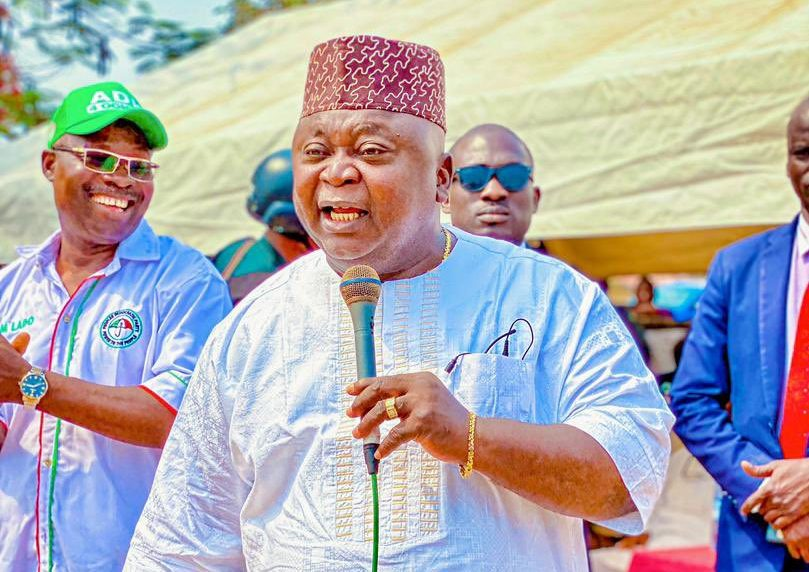This was said by the Minister of Education, Mallam Adamu Adamu, at the ministerial briefing held at the Presidential Villa in Abuja and organized by the Presidential Communication Team.
He spoke on a day ASUU explained the reason it walked out of the negotiation meeting with the Federal Government team on Tuesday, saying the Prof. Nimi-Briggs-led committee presented the award of a Recommended Consolidated University Academic Salary Structure, CONUASS, prepared by the National Salaries, Incomes and Wages Commission, which was unacceptable.
Adamu, who was accompanied by Goodluck Opia, the Minister of State for Education, explained that refusing to pay the backlog will prevent other people from considering strikes in the future.
He claimed that the government refused ASUU’s demand for payment of the salary backlog because it believed there should be consequences for their actions.
He said: “The standard government has taken now is not to pay the months in which no work was done. I believe that the government can only do this to guarantee that actions like these will result in consequences.
“So, I believe teachers will think twice before they join the strike if they know that in the end, they are not going to be paid and the Federal Government is not acting arbitrarily. Before it was some magnanimity on its part, there is a law that says if there is no work, there will be no pay. I believe this will be a very strong element that will be deterrent from going on strike.”
UTAS Has Not Yet Been Adopted As An Official Payment Platform For ASUU
Adamu said the University Peculiar Personnel and Payroll System, U3PS, and the University Transparency Accountability Solution, UTAS, outscored the Integrated Personnel Payroll and Information System, IPPIS, during the integrity tests conducted by NITDA, affirming that ASUU‘s peculiarities would be accommodated in whatever platform that might be adopted.
He also debunked the report that UTAS had been approved by the government as the payment platform for university teachers.
Asked whether the government has accepted UTAS as being speculated as the payment platform for university teachers, he categorically said no.
He said: ” The government has not approved UTAS. The last on this issue is that a committee has worked and tested all the three platforms—IPPIS, UTAS, U3PS, and the preliminary result shows that these two new ones are better than IPPIS in so many respects but the decision of the government will depend on what ultimately is given in the report that is being put together.
“There are many parameters, the ICT people tested these three platforms, the only one I can remember is the stress test but there were many tests and scores given and on the balance, you find out that the U3PS and UTAS outscored IPPIS.”
He said the three university-based unions currently on strike had accepted to call off the strike in the next one week, except for ASUU which had remained adamant, insisting that its members be paid the five months their salary was stopped.
He, however, noted that ASUU had begun consultations with its members to determine whether to call off the strike as well.
Denies Getting Presidential Order To Resolve Strike
Asked why he was unable to meet the two to three weeks deadline to resolve the impasse with the university-based unions, he said there was no such thing as ultimatum from the president to him.
He said: “On the negotiations, I have six unions I am dealing with, ASUP, that is the Academic Staff Union of Polytechnics; COEASU, College of Education Staff Union, NASU, SSANU, NAAT and ASUU.
‘” Recently, we had a meeting with the president, and let me even go back to that meeting. During the meeting, education demanded to start leading the negotiations. I don’t want to tell you what led to education not doing so and this was granted and you were all here and one source you still haven’t named him or her came to tell you that the president has given a two-week ultimatum to the Minister of Education.
“It was a lie; the President never gave me any deadline, so you shouldn’t start asking me whether I have delivered it in two weeks or three weeks. I know I promised that I could do it within the shortest possible time and for your information, one week after that pledge, I had already finished my job because I had given all the six unions the offer made by the government.”
Union Must Compensate Students For Wasted Time
The minister also said it was the responsibility of ASUU to compensate students for the time wasted from the six-month strike, and not the Federal Government.
He suggested that the affected students should “take ASUU to court” to claim damages incurred over the strike period.
According to him, the Federal Government bears no liability to compensate millions of students grounded for six months over lost time.
He said if the students were determined to get compensated, they should take ASUU to court.
The minister said Buhari’s administration had expended N6,003,947,848,237 in capital and recurrent expenditure on the education sector in the last seven years, explaining this was in addition to interventions from TETFund and UBEC, amounting to N2.5 trillion and N553,134,967,498 respectively in capital investments.
Why We Rejected Fg’s Salary Structure – ASUU
“At the commencement of the renegotiation of the 2009 FGN/ASUU Agreement on 16th March 2017, both the Federal Government and ASUU Teams agreed to be guided by the following principles as their terms of reference which includes, reversal of the decay in the Nigerian University System, in order reposition it for its responsibilities in national development.
“Reversal of the brain drain, not only by enhancing the remuneration of academic staff, but also by disengaging them from the encumbrances of a unified civil service wage structure; (iii) Restoration of Nigerian Universities, through immediate, massive and sustained financial intervention; and ensuring genuine university autonomy and academic freedom.
“Rejecting a salary package arrived at through collective bargaining is a repudiation of government’s pronouncements on reversing “brain drain”. It is common knowledge that, more now than in the 1980s and 1990s, Nigerian scholars, especially in scarce areas like science and medicine, are migrating in droves to Europe, America and many parts of Africa such as South Africa, Rwanda, and Ghana with supportive environment to ply their trades as well as competitive reward systems for intellectual efforts. Does the Nigerian government care about what becomes of public universities in another five or ten years if this trend continues?”
Osodeke further noted that federal government’s repudiation of collective bargaining is in bad faith and a retrogressive step for a democratic government to abrogate the collective bargaining principle after more than 40 years of its introduction into the Nigerian University System.





